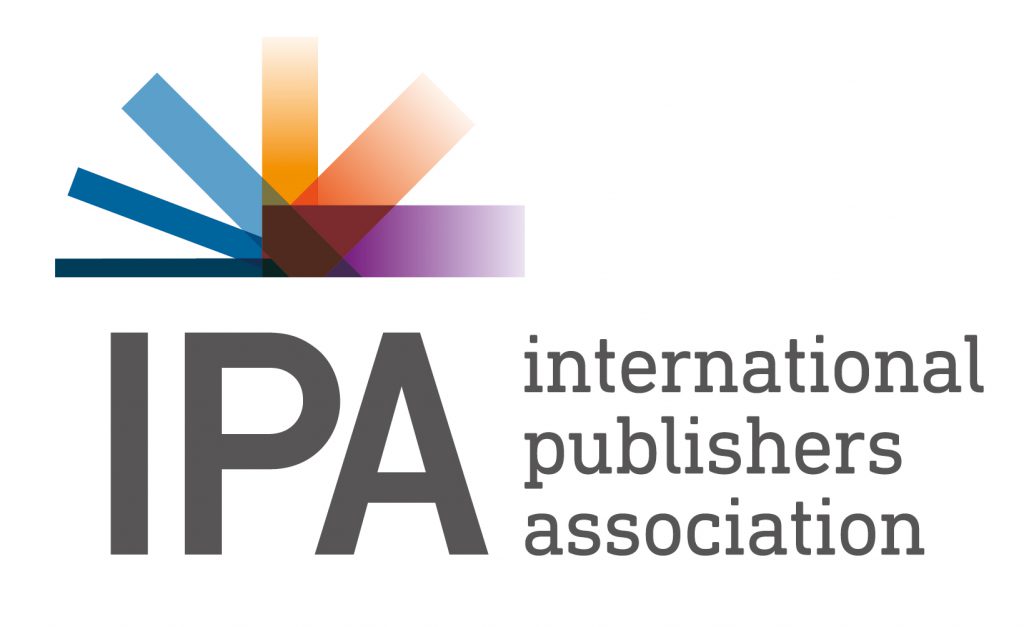Last week on behalf of the IPA, I joined a meeting between the Mexican Publishers Association (Cámara Nacional de la Industria Editorial, CANIEM), led by president Carlos Anaya Rosique, and the leadership of Discapacitados Visuales, a prominent NGO working for visually impaired persons (VIPs), plus an officer from the Mexican Human Rights Commission.
It was a dynamic encounter that sought ways to improve the accessibility of Mexican publications. To provide some background, this relationship had got off on the wrong foot because of a vague wording in the visually impaired persons (VIPs) exception in Mexican Copyright law (thankfully later amended by the Supreme Court). But we have now rebuilt that bridge.
It goes without saying that publishers recognize VIPs’ human right of access to information (as provided by the UN Convention of the Rights of Persons with Disabilities) as well as creators’ rights, which are protected by copyright. Little wonder then that everyone at the meeting agreed on the need to support the Marrakesh Treaty and on the importance of its proper implementation.
There was also consensus over the fact that both rights can be served at once if publishers and the VIP community work together. There’s a clear need for all stakeholders to collaborate, using innovative technological tools to find viable solutions for all users while respecting copyright. This meeting was an important step along the road to achieving that.
I’ll write more on this subject in two weeks, from the WIPO regional meeting on the Marrakesh Treaty and the Accessible Books Consortium (ABC) in San José, Costa Rica.

